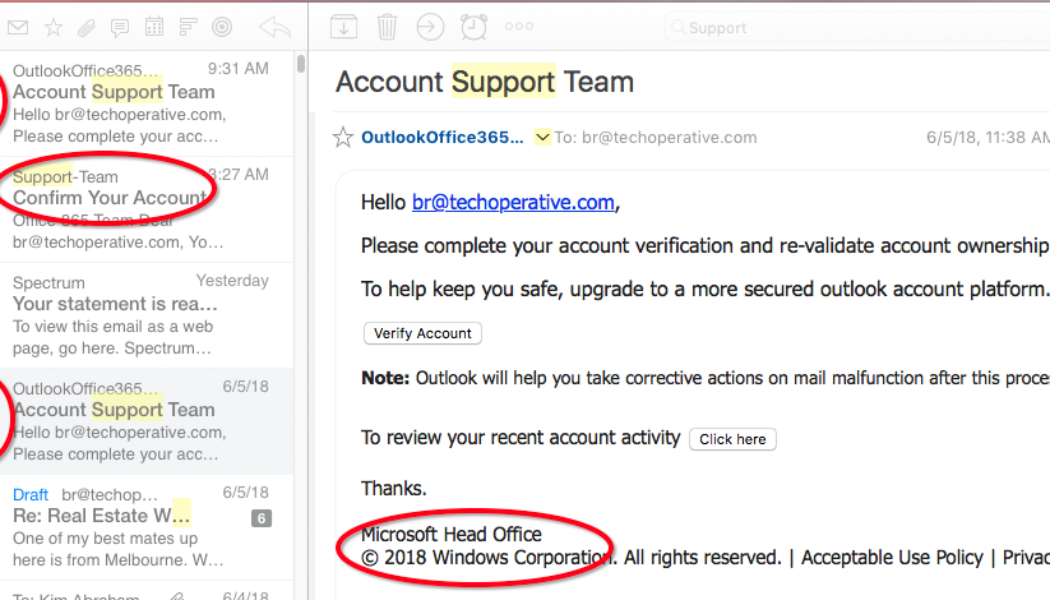Online attackers
How Emails Can Cause Cybersecurity Vulnerabilities in Your Organisation
Sourced from International IDEA Since the start of the pandemic, many businesses have shifted to remote work. Cybercriminals saw the opportunity to target businesses’ remote users leaving unprepared businesses vulnerable to cyberattacks. Phishing attacks have become one of the most prominent data security problems for a number of businesses in South Africa. “Remote working increased organisation’s reliance on email, creating the perfect conditions for email fraud and phishing,” says Riaan de Villiers, Business Analyst at LAWtrust Information Security. In the Mimecast State of Email Security 2020 study, businesses in South Africa reported a 53% increase in phishing attempts and a 46% increase in incidences of impersonation fraud compared to previous years. Email is a common channel used for...
How to Be Safe From the “Reset Password” Email Scam
Image sourced form Broad Media Most online services have built-in security systems that alert employees when the systems detect “unusual” activity on their accounts. For example, legitimate email services or similar will send notifications about attempts to reset the phone number and e-mail address linked to the account, or the password. Of course, as soon as such messages became commonplace, enterprising cybercriminals tried to imitate this mechanism to attack corporate users. As cyberattacks rely on the human factor more often each year, and as cybersecurity technologies progress, such tricks are becoming more and more common and are being registered in multiple mailouts around the world. The scenario is usually as follows: if it’s a public online service attacker it will usually make ev...



